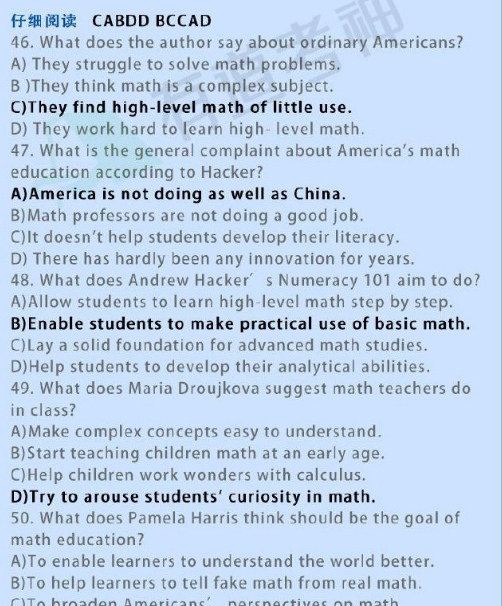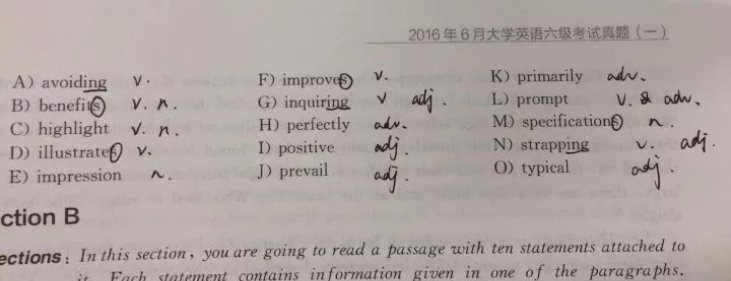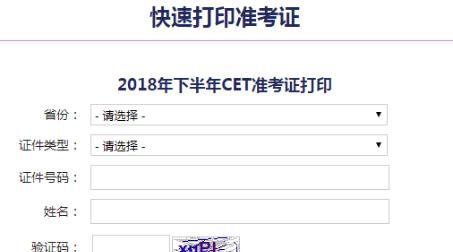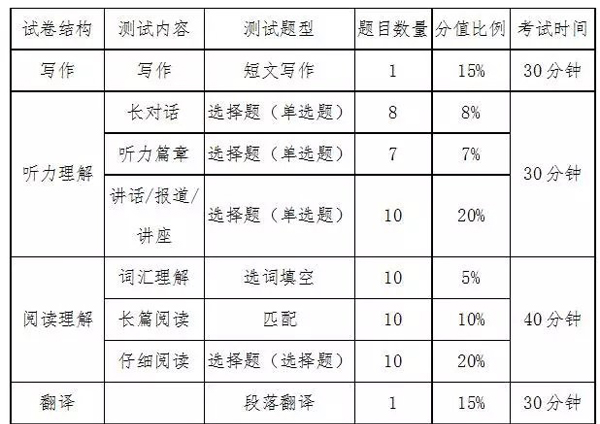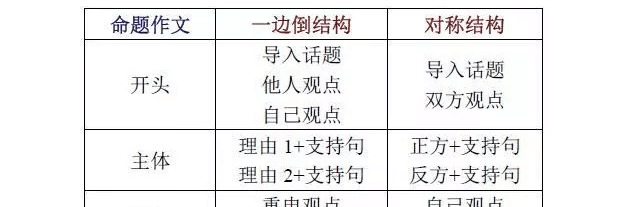China cuts gasoline, diesel prices
|
The retail price of gasoline has been cut by 0.91 yuan (13 US cents) per liter, and diesel by 1.08 yuan, as of midnight, the country's top economic planner announced Thursday. But the National Development and Reform Commission did not say how the reductions would affect the range of prices for various grades of fuel or in different parts of the country. For example, the top grade of gasoline in Beijing cost 6.78 yuan per liter yesterday. The reduction in retail prices follows a government announcement yesterday that it would cut factory gate prices for gasoline, diesel and jet fuel from today, and at the same time levy a long-awaited fuel consumption tax from Jan 1st amid a sharp slump in global oil prices. The price of gasoline is cut to 5,580 yuan ($817) from 6,480 yuan per ton, and diesel to 4,970 yuan from 6,070 yuan per ton. The fuel consumption tax on gasoline will increase from 0.2 yuan to 1 yuan per liter, and on diesel from 0.1 yuan to 0.8 yuan per liter. Starting Jan 1st, six categories of tolls for road and waterway maintenance and management will be scrapped. The draft of the fuel tax reform was made public earlier this month to solicit public opinion, and the details released by the NDRC yesterday were the same as in the draft. The reform is meant to reflect a price on road use by shifting the financial burden to those who drive more. Since the 1990s, the government has been considering levying an oil consumption tax and abolishing various fees on roads and waterways to bring refined oil product prices in line with international standards. Before the price cut, fuel prices in the country were based on $83.5 a barrel of crude. But the price in the international market has fallen drastically in the past few months. Oil fell to a four-and-a-half-year low yesterday in electronic trading on the New York Mercantile Exchange. The January contract sank as low as $39.19 a barrel - down sharply from a peak of nearly $150 in mid-July. Analysts said the changes are likely to encourage car buying and rejuvenate the auto industry, which has been hit hard by the global financial crisis. Lin Boqiang, an energy professor at Xiamen University, described the reform as the-more-you-drive-the-more-you-pay scheme. But modestly lower fuel prices are unlikely to do much to boost oil demand, which shrank last month for the first time in almost three years, as the economy takes a bigger-than-expected hit from the global financial crisis. |

